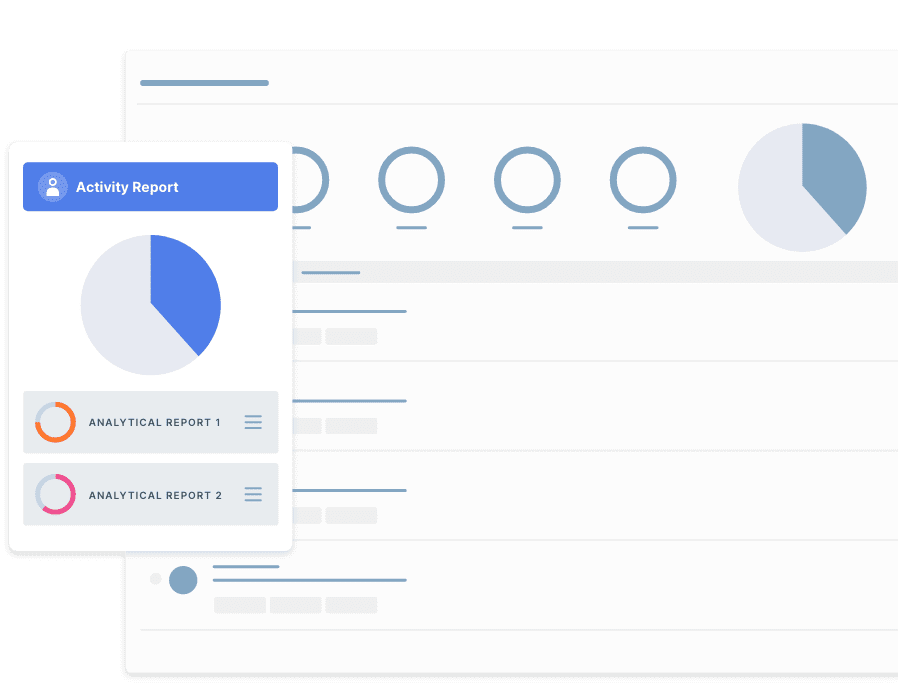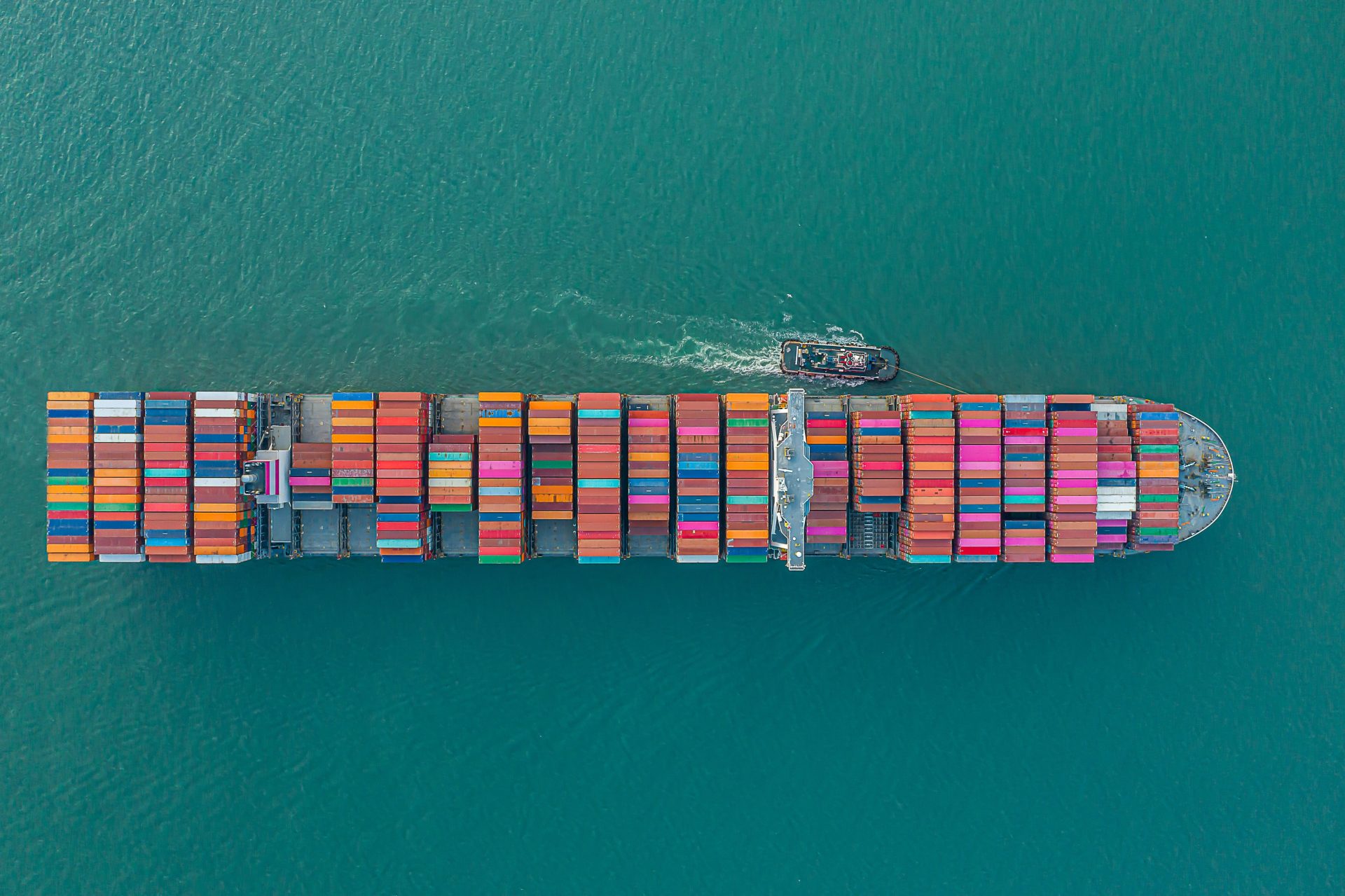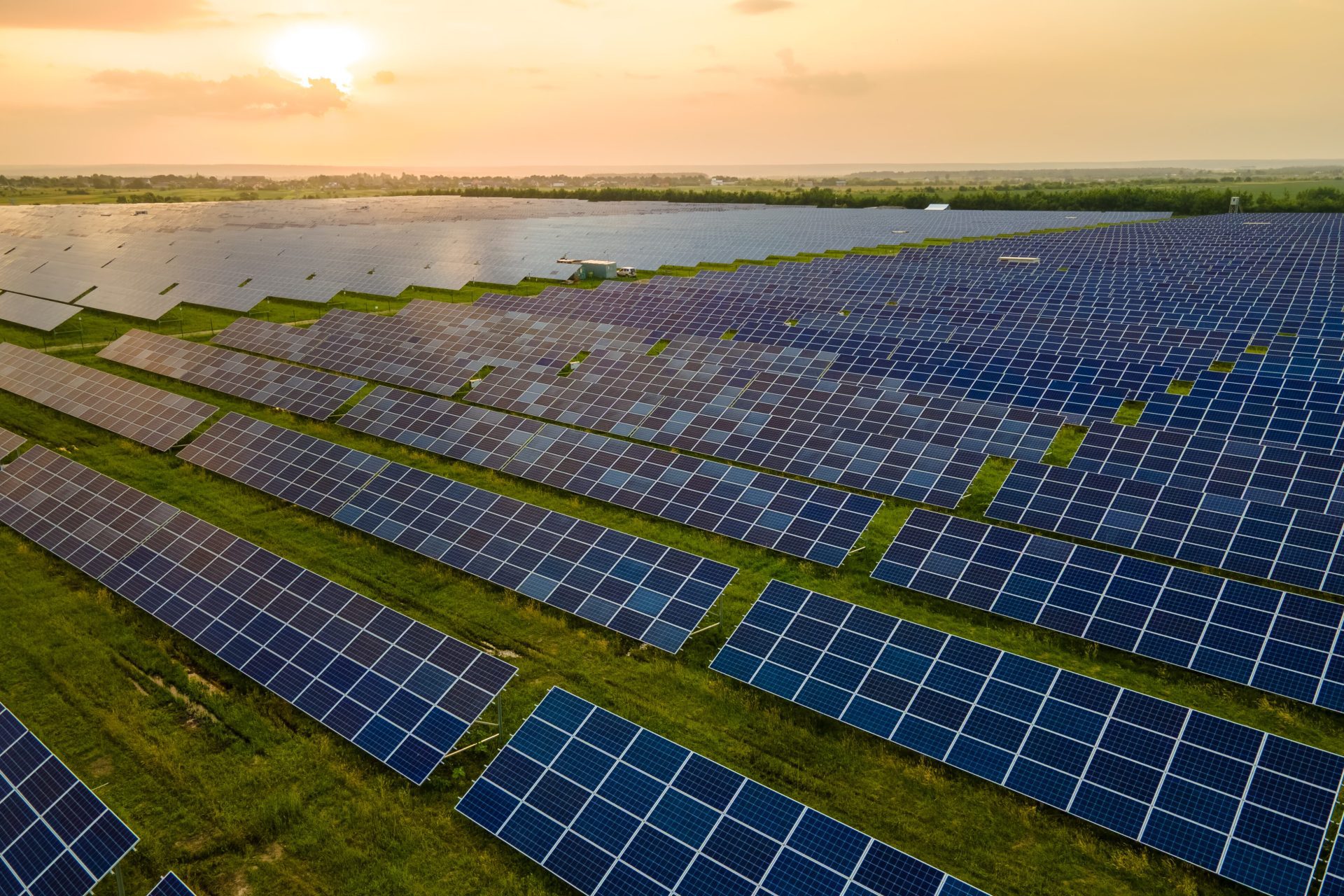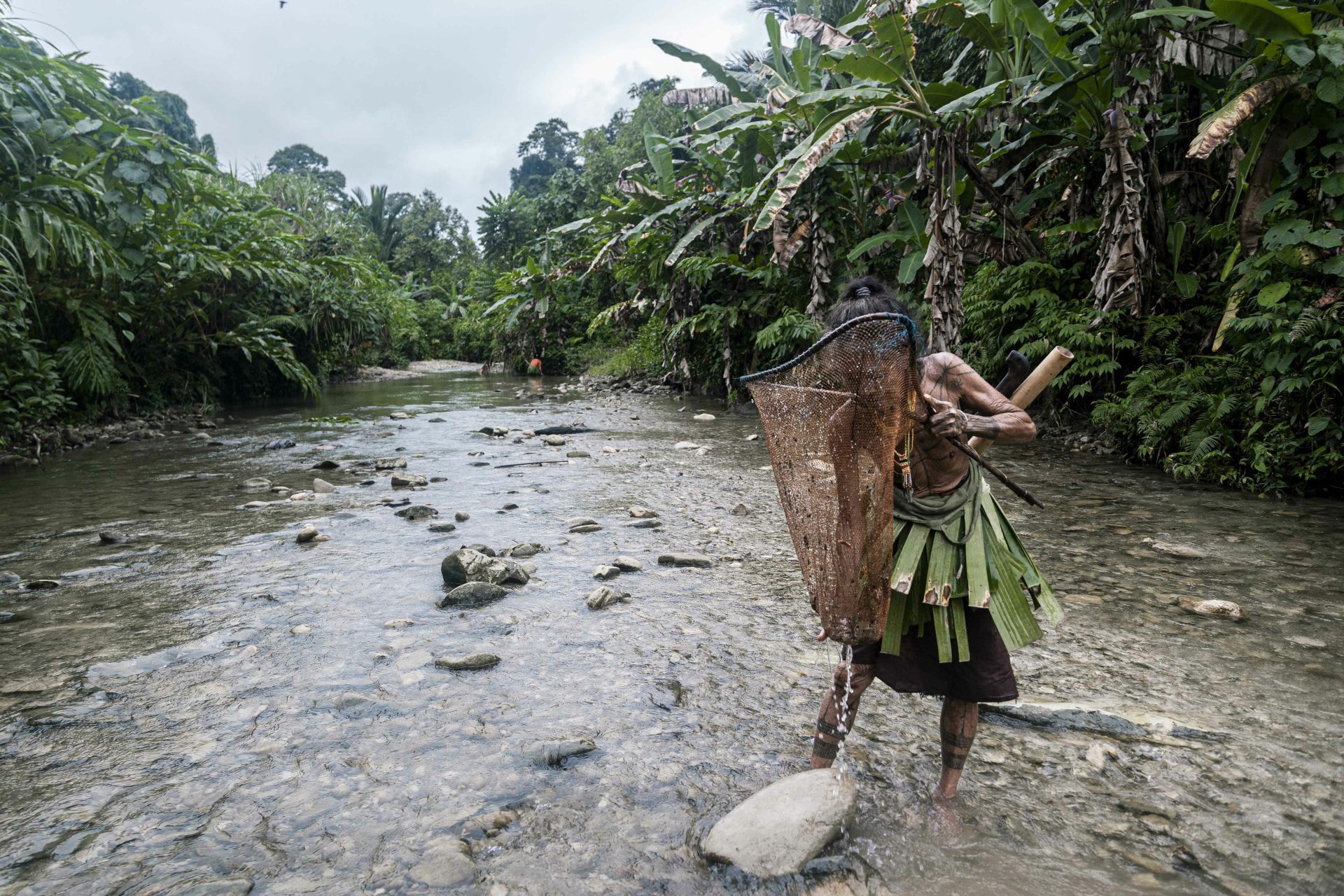
Topics
ESG: Human Trafficking & Modern Slavery Compliance
Our coverage encompasses regulations relating to the offenses of slavery, servitude and forced/compulsory labor in addition to human trafficking.
Human Trafficking and Slavery (HTS)
195
Countries Covered
130
Sources in C2P
Comply With Human Trafficking Regulations
The growing complexity of supply chains around the world has made them prime targets for slavery activities. Beyond the ethical implications, companies must also consider the serious financial, legal, reputational and operational risks if the issue is not properly identified and addressed.
New legislation is gaining momentum globally with a marked trend toward mandatory corporate disclosure regimes. Some of the legislation in force also has extra-territorial effect and therefore may apply to companies outside of the jurisdiction in question. Modern slavery is therefore a hot topic in supply chain management.
Our coverage in C2P focuses on legislation that contains concrete obligations and/or restrictions on corporate entities regarding modern slavery in the supply chain such as reporting, transparency, disclosure and due diligence.
Regulations typically require retailers/manufacturers to:
- Report their efforts to eradicate slavery from their supply chains. This reporting obligation only arises in some cases where entities meet a certain profit threshold;
- Undertake due diligence on suppliers, agents, or contractors to determine compliance with company standards for human trafficking and for those entities to provide certification of compliance;
- Provide training on mitigating human trafficking for employees and management responsible for supply chains;
- Certify that materials incorporated into a product comply with human trafficking laws;
- Register reports with a Modern Slavery Statements Register.
Our Regulatory Coverage of Human Trafficking & Slavery Regulations
Our regulatory content in C2P is historically comprehensive with a robust QA process to ensure quality, consistency and accuracy. Below is a high level summary of our coverage for this topic:
- Australia: Modern Slavery Act, No. 153, 2018
- Australia: Statutory Review of the Modern Slavery Act 2018, Report, May 2023
- Belgium: Sanctioning the Import of Products Made with Forced Labour, Draft Law, March 2022
- Canada: Fighting Against Forced Labour and Child Labour in Supply Chains Act, c. 9, 2023
- California (USA): Disclosure of Efforts to Prevent Slavery and Human Trafficking, Senate Bill 657 Enacted, 2010
- EU: Prohibiting Products Made with Forced Labour on the Union Market, Draft Regulation, September 2022
- France: Duty and Vigilance of Parent and Subcontracting Companies, Law No. 2017-399
- Netherlands: Child Labour Due Diligence Law, 2019
- Netherlands: Responsible and Sustainable International Business (Human Trafficking & Slavery) Revised Draft Law, November 2022
- New South Wales (Australia): Modern Slavery Act, 2018
- New Zealand: Modern Slavery and Worker Exploitation Supply Chain Legislation, Policy Document, September 2023
- Switzerland: Due Diligence Obligations and Transparency Regarding Minerals and Metals from Conflict Areas and Child Labour, Ordinance, December 2021
- SRA: Slavery & Trafficking Risk Template (STRT), Version 3.2, 2023
- UK: Modern Slavery Act, 2015
- USA: Prevention of Forced Labor in Xinjiang Uyghur, House Bill 6256 Enacted, 2021
- USA: Submission of Force Labor Supporting Documents, Guidance Document, May 2023

Learn more about our Regulatory Coverage
Speak to one of our team today for more information on our regulatory content.





